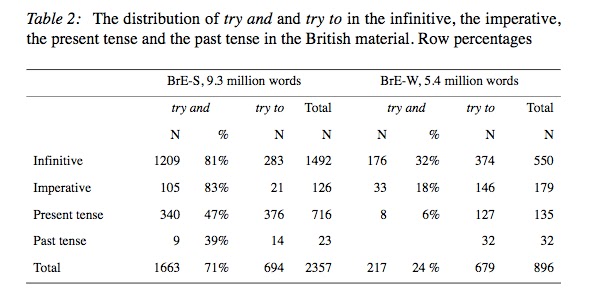The day after the US election, it became clear to me that the UK-to-US Word of the Year would have to be the adjective
The verb to gut is, of course, common to both varieties of English, but in this case I'm talking about an adjectival use of gutted to refer to a feeling of disappointment or sadness that makes one feel utterly emptied. Green's Dictionary of Slang indicates it's been around at least as far back as the 1970s, originally in prison slang. I blogged about gutted as a Britishism in 2009. Then I shared a story of an American inappropriately understanding its use in the literal sense 'having had the guts removed', so it hasn't been a common expression in AmE for very long. The events of 8 November certainly put it in American social media feeds. Here are a couple of examples:
The 'devastated' meaning of gutted has been growing in AmE for the last couple of years. A Twitter search today gave me US examples referring to that devastating feeling when the local Chic-Fil-A closes before you (AmE) get off work, when you miss an Ultimate Fighting match, or when you have to give up vlogging. Ok, so some of those would definitely not leave me gutted, but to each their own.
The adjective seemed to come into its own in the US in response to election happenings, when people who had been cruising on optimism for months suddenly felt truly down and hopeless. The New York Times seemed to find it useful:
The etymologist John Kelly, an American in Ireland, noted:
And I agree. It is visceral. Though it is used a lot in talking about inconsequential things like football (yes, flying my anti-spectator-sport(s) flag again), it's just the right word when events come along and take the wind out of you.
John also mentioned trying out super gutted, but that just doesn't sound right in BrE. Here are some intensifiers that go with gutted, though note that this corpus result includes all senses of gutted. (Hence the large number of American completely gutteds are talking about buildings and the like.) Note that very gutted is also not common.
I cannot resist ending on this little tweet, depending on the ambiguity of gutted:
gutted
The verb to gut is, of course, common to both varieties of English, but in this case I'm talking about an adjectival use of gutted to refer to a feeling of disappointment or sadness that makes one feel utterly emptied. Green's Dictionary of Slang indicates it's been around at least as far back as the 1970s, originally in prison slang. I blogged about gutted as a Britishism in 2009. Then I shared a story of an American inappropriately understanding its use in the literal sense 'having had the guts removed', so it hasn't been a common expression in AmE for very long. The events of 8 November certainly put it in American social media feeds. Here are a couple of examples:
Grateful for a new morning but I'm gutted and really nauseous. I don't know how I'm going to face the cast. I am literally embarrassed.— Amber Patrice Riley (@MsAmberPRiley) 9 November 2016
Ben Yagoda also noticed it at Not One-Off Britshisms.WCB season set to start; usually an exciting time. Today, I feel gutted. Will look to dreams, hopes of young women I write about as solace.— Mechelle Voepel (@MechelleV) 9 November 2016
The 'devastated' meaning of gutted has been growing in AmE for the last couple of years. A Twitter search today gave me US examples referring to that devastating feeling when the local Chic-Fil-A closes before you (AmE) get off work, when you miss an Ultimate Fighting match, or when you have to give up vlogging. Ok, so some of those would definitely not leave me gutted, but to each their own.
The adjective seemed to come into its own in the US in response to election happenings, when people who had been cruising on optimism for months suddenly felt truly down and hopeless. The New York Times seemed to find it useful:
The etymologist John Kelly, an American in Ireland, noted:
@lynneguist @byagoda @KoryStamper I feel like once one learns “gutted” (or “chuffed”), hard not to use, as if no other word for it— John Kelly (@mashedradish) 10 November 2016
And I agree. It is visceral. Though it is used a lot in talking about inconsequential things like football (yes, flying my anti-spectator-sport(s) flag again), it's just the right word when events come along and take the wind out of you.
John also mentioned trying out super gutted, but that just doesn't sound right in BrE. Here are some intensifiers that go with gutted, though note that this corpus result includes all senses of gutted. (Hence the large number of American completely gutteds are talking about buildings and the like.) Note that very gutted is also not common.
 |
| From GloWBE |
I cannot resist ending on this little tweet, depending on the ambiguity of gutted:




























